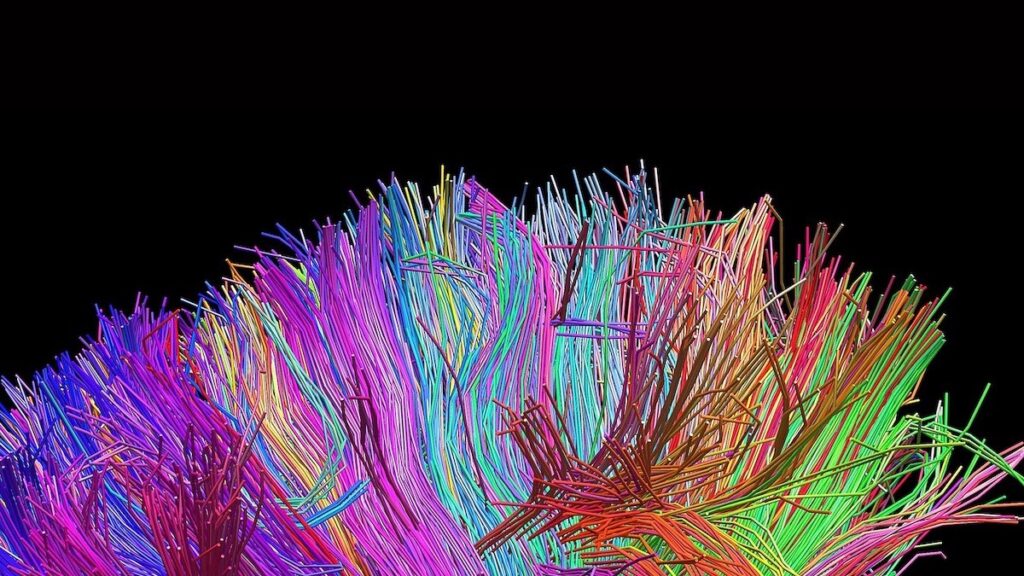November 4-8, 2024 IN PERSON (Martinos Center, 149 13th St Charlestown MA)
Background: Issues associated with “connectivity” within the human brain are growing in importance. This can be seen in the significant number of abstracts, research articles and even entire journals devoted to this area, as well as in the increased emphasis on lesions in connections as a source of many neuro-psychiatric disorders. MRI has proven to be a valuable tool for examining connectivity both in terms of the coordinated activities of neural networks (using BOLD-based fMRI data collected during rest and during tasks) and in terms of the structural anatomy of white matter pathways of the brain (using Diffusion Tensor Imaging (DTI), Diffusion Spectrum Imaging (DSI) and Tractography to analyze and visualize the resulting data).
Content: Basics. In this program, participants will learn about the technical challenges in acquisition, data processing and visualization of brain networks via functional MRI data. They will also receive a firm grounding in the power and limitations of using diffusion-sensitive MRI to detect and organize the anatomical structure of white matter tracts in the living human brain. There will be at least three lectures on state-of-the-art clinical/research applications. The primary goal of the program is to give researchers and clinicians a good “running start” for their investigations using these tools. In that sense, it serves a purpose analogous to that of the long-running Martinos Center’s Functional MRI Visiting Fellowship Program (fMRIVFP), with the exception that the domain will be structural and functional connectivity of myelinated fiber tracts within the living human brain.
Content: New Hands-on Sessions: The Connectivity Workshop, first held in 2012, has been substantially updated and extended. In addition to basics of structural and functional connectivity (using DTI/DSI and Resting State FMRI Connectivity data), there will be three new 1/2 day sessions, including demonstrations: One will be focused on the using the latest version of the powerful CONNECTOME 2 Scanner; another will be focused on Brain Stimulation via TMS/TDCS and related technologies; and the last focused on Combining fMRI-Based Modalities to Facilitate Real-Time Feedback and Event-Triggered Tasks.
Software: While various data analysis and software-related issues will be discussed, this is not a software training program. The Martinos Center currently offer one program to give thorough software training in the area of functional analysis (the “Learning the Conn Toolbox”, a 5-day course offered virtually and spread over 5 weeks, to facilitate software exercises and feedback). A second program, oriented to the analysis of structural data (the “Hands-On Diffusion MRI”, a 4 or 5 day course also spread over weeks for the same reasons) is currently being developed.
The core faculty for the program is drawn from the staff of the Athinoula A. Martinos Center (of the Massachusetts General Hospital and Massachusetts Institute of Technology) and affiliated faculty from Harvard University, McLean Hospital, The Brigham and Womens Hospital, and other institutions. Guest lecturers in the past have included representatives of the NIH, the Child Mind Institute of New York and others.
Admission to all programs is on a first-come, first-served basis. All programs require tuition. A minimum attendance of 15 people will be required to hold the workshops. (None of the past programs has been canceled for this reason.) The maximum number of “in person” attendees will be between 25 and 50, depending on the program.
Registration
contact fmrivfp@mgh.harvard.edu with any questions



